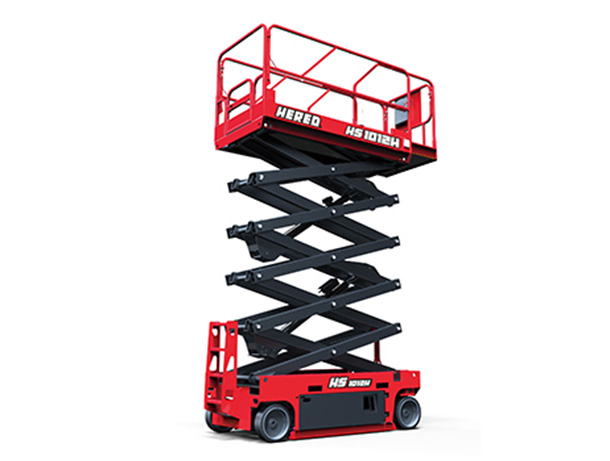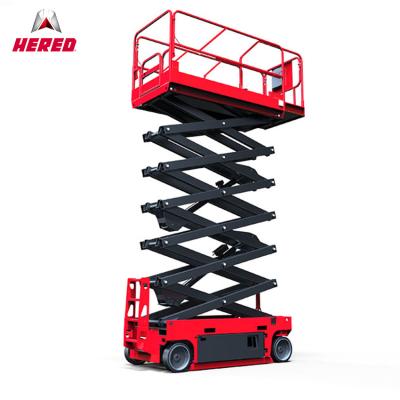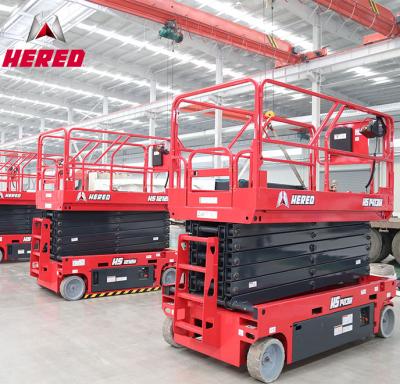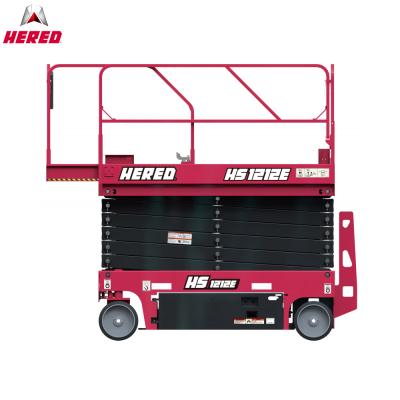Legal and Compliance Aspects in Using Electric Scissor Lifts
Operating electric scissor lifts involves adhering to specific legal and compliance standards to ensure safety and avoid legal issues. These standards vary by country and region, but they generally encompass operator training, equipment certification, regular inspections, and adherence to safety guidelines. This article outlines the key legal and compliance aspects associated with the use of electric scissor lifts.
1. Operator Training and Certification
Operators of electric scissor lifts must be properly trained and certified. This training typically covers the safe operation of the lift, understanding of load capacities, and emergency procedures. Certification ensures that operators are aware of the risks and know how to mitigate them.
2. Regular Inspections and Maintenance
Legal standards often require regular inspections and maintenance of scissor lifts. This includes daily inspections before use, periodic in-depth checks, and annual professional inspections. Keeping a log of these inspections is usually mandatory.
3. Compliance with Safety Standards
Electric scissor lifts must comply with specific safety standards set by occupational safety and health administrations or similar regulatory bodies. These standards dictate the design, construction, and operational safety features of the lifts.
4. Equipment Certification
Scissor lifts must be certified by recognized authorities to ensure they meet safety and design standards. This certification process often includes testing for stability, load capacity, and safety mechanisms.
5. Workplace Safety Regulations
The use of scissor lifts in workplaces is governed by regulations that may include the provision of safety equipment, adherence to safe working practices, and ensuring that the work environment is suitable for lift operation.
6. Accident Reporting
In the event of an accident involving a scissor lift, there are often legal requirements for reporting the incident to relevant authorities. This is important for workplace safety oversight and may be crucial for insurance and liability purposes.
7. Liability and Insurance
Businesses using electric scissor lifts are typically required to have liability insurance. This insurance covers damages or injuries that may occur during the operation of the lift.
8. Environmental Compliance
In some regions, there are environmental compliance issues to consider, especially related to battery disposal and the handling of any hazardous materials associated with the lift.
9. Adherence to Local and International Codes
Operators and businesses must adhere to both local and international codes and standards regarding scissor lift operation. These may include standards set by organizations like ANSI (American National Standards Institute) or ISO (International Organization for Standardization).
Conclusion
Adhering to legal and compliance aspects is critical in the operation of electric scissor lifts. It ensures the safety of operators and those around them, minimizes the risk of legal issues, and promotes a culture of safety in the workplace. Regular training, equipment certification, and adherence to safety standards are essential components of responsible scissor lift operation.
FAQs
Who is responsible for ensuring compliance with scissor lift regulations?
The responsibility typically lies with the employer or the entity that owns or operates the scissor lift.
Can an operator use a scissor lift without formal training?
No, operating a scissor lift without proper training and certification is generally against legal and safety regulations.
What happens if a scissor lift fails a safety inspection?
The lift must be removed from service and repaired or adjusted to meet safety standards before it can be used again.
Are there different regulations for indoor and outdoor use of scissor lifts?
While many regulations apply to both, there may be additional considerations for outdoor use, such as terrain and weather conditions.
Is documentation of training and inspections legally required?
Yes, keeping records of training, inspections, maintenance, and any incidents is typically a legal requirement.





